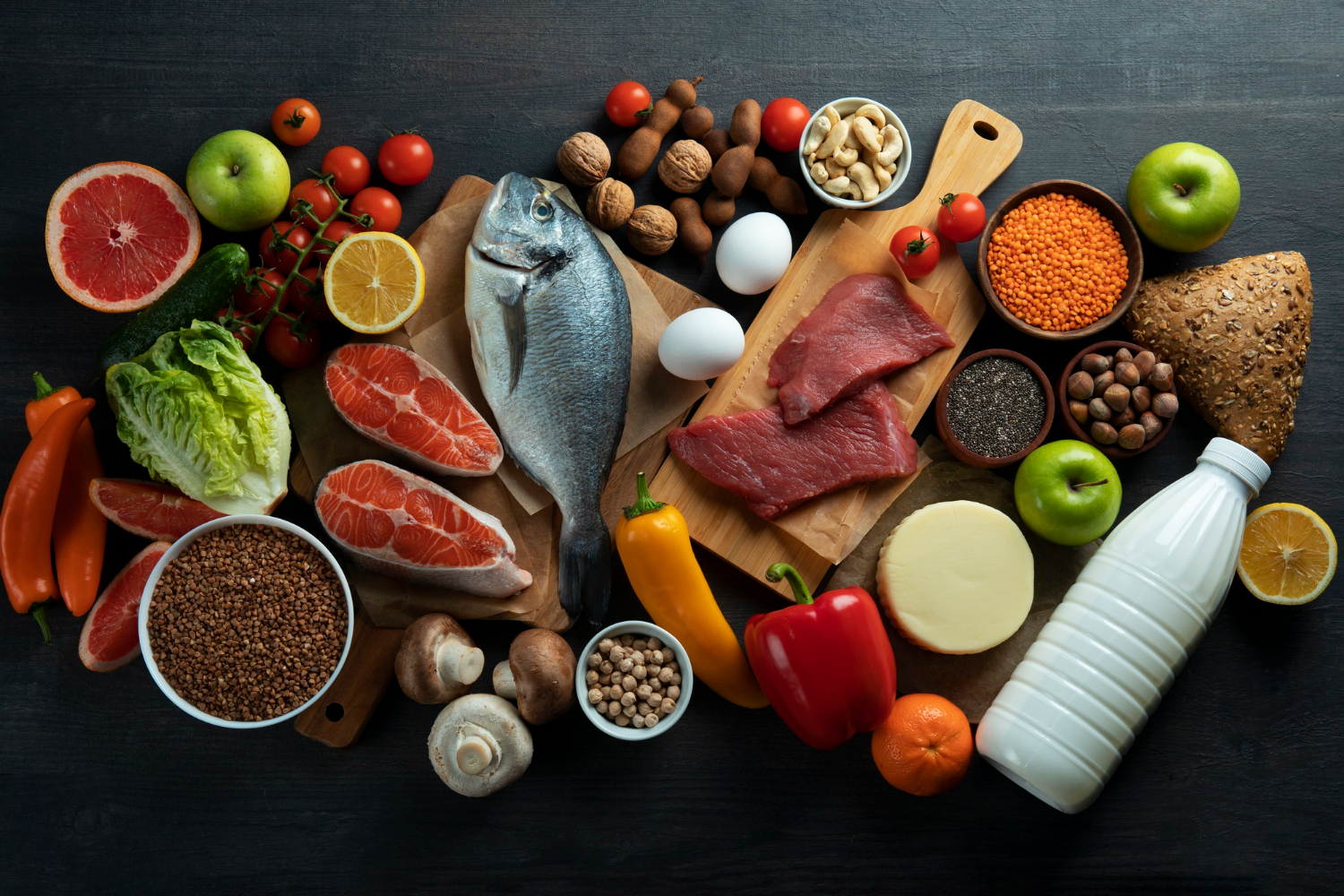Natural, unprocessed, or minimally processed foods that are as close to their natural condition as possible are referred to as whole foods. These meals are frequently high in nutrients and offer a variety of health advantages.
Whole Foods may provide both plant-based and animal-based choices. Here are some of Whole Foods’ important traits and examples:
Characteristics of Whole Foods
Minimal Processing:
Whole Foods are processed or refined in limited amounts. They are not greatly changed from their native condition, keeping their inherent nutritional value.
Nutrient-Rich:
Whole foods are frequently high in critical elements such vitamins, minerals, fiber, antioxidants, and healthy fats.

Complex Carbs:
Many entire meals, particularly plant-based foods, are high in complex carbs, which provide sustained energy and promote digestive health.
Diverse and Balanced Diet:
Consuming a diverse and balanced diet promotes a balanced intake of important nutrients, improving overall health.
Artificial Additives:
Artificial additives like as preservatives, colors, and tastes are often absent from Whole Foods.
Examples of Whole Foods
Fruits:
Fresh or frozen fruits such as apples, berries, oranges, and bananas are high in vitamins, fiber, and natural sugars.
Vegetables:
Spinach, broccoli, carrots, and sweet potatoes are abundant in vitamins, minerals, and fiber, whether raw or cooked.
Whole Grains:
Complex carbs, fiber, and important nutrients are found in whole grains such as brown rice, quinoa, oats, and whole wheat.
Legumes:
Beans, lentils, and chickpeas are high in plant-based protein, fiber, and minerals.
Nuts and seeds:
Almonds, walnuts, chia seeds, and flaxseeds are high in protein, fiber, and healthy fats.
Lean Proteins:
Animal proteins that have been little processed, such as lean cuts of meat, chicken, and fish, supply vital amino acids.
Dairy Products:
Unprocessed or little processed dairy products, such as plain yogurt and natural cheese, include calcium, protein, and probiotics.
Eggs:
Fresh eggs are a comprehensive protein source that also contains a variety of vitamins and minerals.
Herbs and Spices:
Herbs and spices, such as basil, oregano, turmeric, and cinnamon, can enhance flavor while also providing possible health advantages.
Unprocessed Oils:
Cold-pressed olive oil, coconut oil, and avocado oil are some examples of minimally processed fats.
Dairy Alternatives
Plant-Based Milks:
Unsweetened almond milk, coconut milk, oat milk, and soy milk are dairy replacements with additional vitamins and minerals.
Healthy Fats
Avocado:
Avocado is a high-fiber, potassium-rich fruit that is high in healthy fats.
Nuts and Nut Butters:
In addition to almonds and walnuts, cashews, pistachios, and natural nut butters provide a pleasant and nutritious snack.
Seeds:
Pumpkin seeds, sunflower seeds, and sesame seeds are high in healthy fats, proteins, and minerals.
Seafood
Fatty Fish:
Fatty fish, such as salmon, mackerel, sardines, and trout, are high in omega-3 fatty acids and protein.
Beverages
Water:
Staying hydrated with pure, filtered water is critical for general health.
Herbal Teas:
Herbal teas such as chamomile, peppermint, and ginger provide relaxing and calming properties.
Whole Food Snacks
Fresh Fruit:
Fresh fruit such as apples, pears, grapes, and berries make quick and healthy snacks.
Vegetable Sticks:
Snacking on carrot sticks, celery, cucumber, and bell pepper strips is a healthy alternative.
Trail Mix:
This portable and energy-boosting food is made up of nuts, seeds, and dried fruits.
Herbs and Spices
Turmeric:
Known for its anti-inflammatory properties, turmeric can be added to curries, soups, and smoothies.
Cinnamon:
This spice adds flavor and potential blood sugar management benefits to various dishes.

